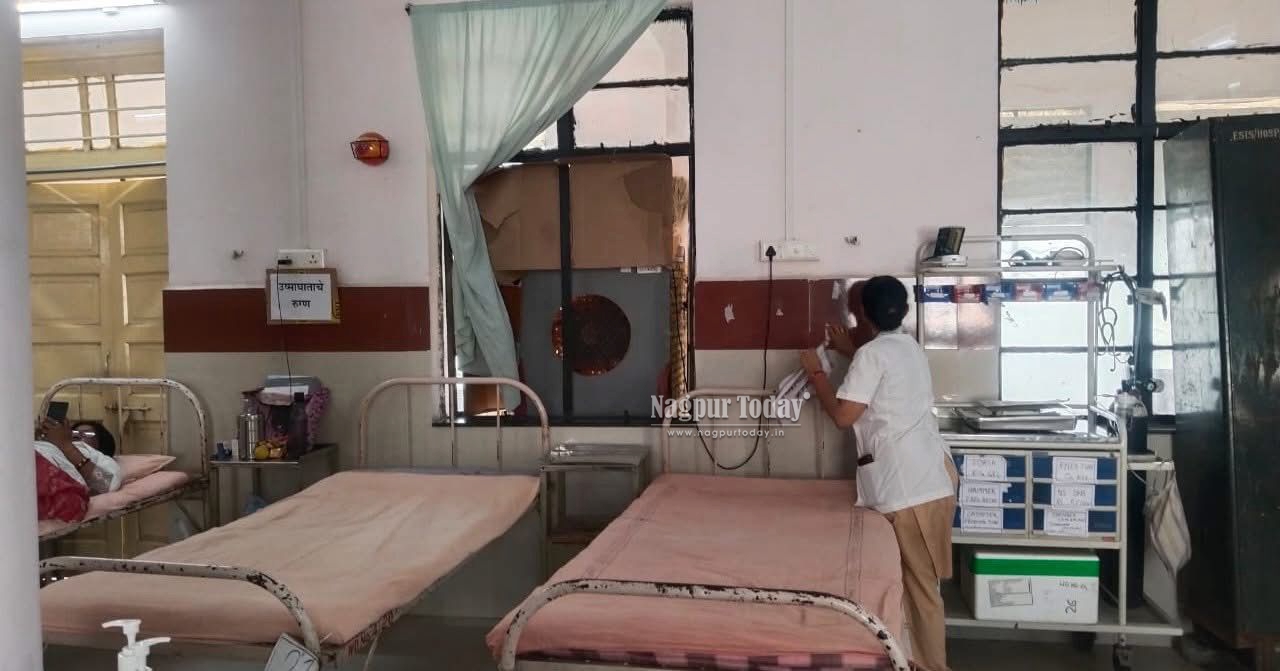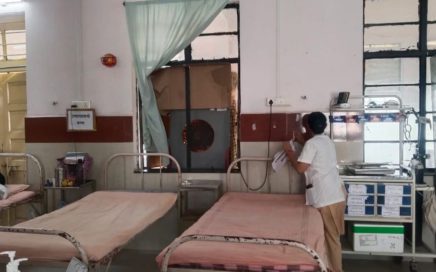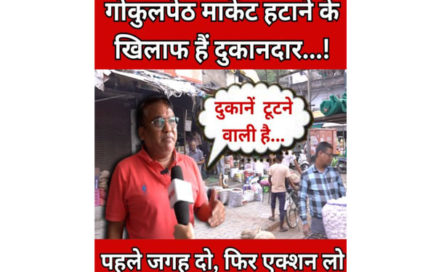Nagpur: With the intense heat causing an increased risk of heatstrokes, Nagpur’s health system has been fully prepared to address the crisis. Following instructions from Municipal Commissioner and Administrator Dr. Abhijeet Chaudhary, cold wards have been set up in 10 government hospitals across the city. In addition to government hospitals, private hospitals have also been urged by the Municipal Corporation (NMC) to stay on high alert for heatstroke cases.
Various preventive measures are being implemented across the city to combat heatstrokes. Cold wards have been established in the following hospitals:
Government Medical College and Hospital (Medical),
Indira Gandhi Government Medical College and Hospital (Mayo),
Government Ayurvedic Hospital,
Dr. Babasaheb Ambedkar Government Hospital, Kamthi Road,
Central Railway Hospital,
ESIS Hospital, Somwari Peth,
Daga Hospital Gandhi Bagh,
Indira Gandhi Municipal Hospital Gandhinagar,
Pachpawli Women’s Hospital,
Isolation Hospital Imamwada.
Ambulances, including 108 emergency services and NMC ambulances, are on standby to transport patients as needed. Following the directive from the Municipal Commissioner, letters have been sent to all private hospitals urging them to immediately report any heatstroke cases to the NMC Health Department.
In addition, private hospitals without cold wards have been asked to contact the NMC for assistance in providing necessary facilities. Regular reports on heatstroke cases and other illnesses are being requested from private hospitals by the NMC, as explained by Dr. Deepak Selokar, the NMC Medical Health Officer.
Symptoms of Heatstroke
Heatstroke occurs when the body’s temperature rises significantly. Symptoms include nausea, vomiting, fever, dry skin, fatigue, dizziness, headaches, confusion, irritability, heavy sweating, muscle cramps, abdominal pain, increased blood pressure, mental agitation, and unconsciousness.
Preventive Measures
Avoid stepping out in the sun unless necessary.
If you need to go out, take proper precautions.
Avoid being outside during peak sunlight hours; stay hydrated by drinking plenty of water.
Wear lightweight, loose-fitting, and breathable clothing, and protect yourself with sunglasses, hats, or umbrellas.
Carry a water bottle when traveling and use a hat or umbrella while working outdoors.
Cover your head, neck, and face with a wet cloth to cool down. Drink ORS, lemon water, or buttermilk to stay hydrated. Use fans, coolers, or wet curtains to keep your home cool.
Things to Avoid
Avoid going outside during peak heat or doing heavy physical work under the sun.
Never leave small children or pets inside closed, parked vehicles.
Avoid wearing dark, tight, or heavy clothing.
Avoid cooking during the hottest parts of the day, and keep kitchen doors and windows open to allow ventilation.
Avoid alcohol, tea, coffee, soft drinks, and consuming stale or high-protein foods during the heatwave.















